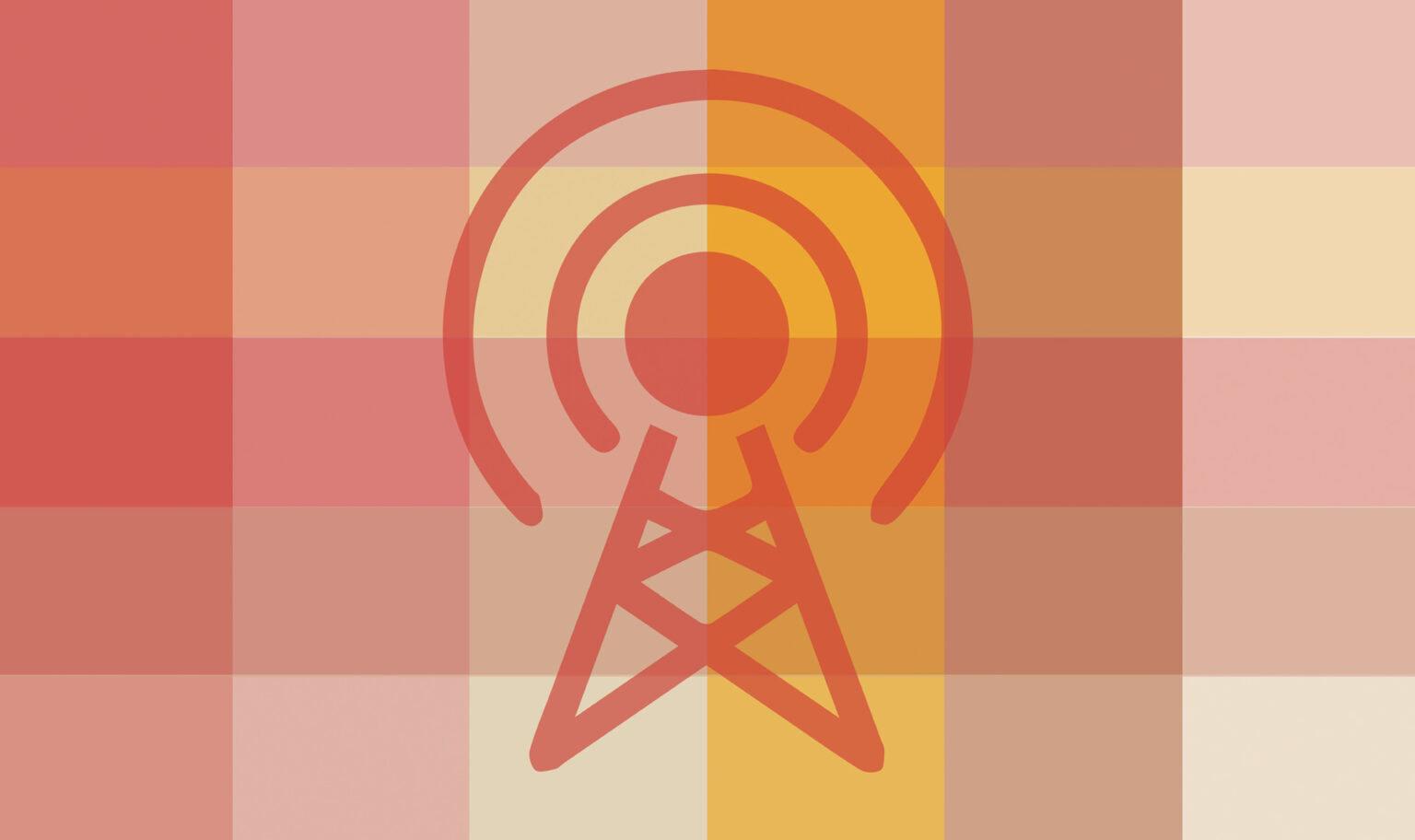By George Williams
On the eve of Euro 2016, I asked the question in an article, as to whether broadcasters viewed social media as a ‘friend’ or ‘foe’. Two years on and the debate still rages. Although I would argue that the terminology needs updating and simplifying, replacing ‘social media businesses’ for ‘digital businesses’.
Frenemies
What hasn’t become simpler is the somewhat awkward or evolving co-existence broadcasters and digital businesses share. On the one hand they are in open competition bidding against each other for sports rights, which in some cases has resulted in rights holders opting to move away from traditional linear deals and create partnerships with digital businesses. For instance, consider ATP Tennis’s move to Amazon Prime or La Liga’s shift to Eleven Sports OTT platform in the UK.
At the same time, we have seen broadcasters evolve their business models to work in partnership with digital businesses. ESPN for example recently announced their agreement to partner with Twitter to create live shows for the platform. It seems the appeal of sharing digital advertising revenues from the content worked for both parties. Interestingly, the ESPN deal followed on the heels of more than 30 agreements Twitter has signed with content creators that include Bloomberg, NBC Universal and Viacom. It seems that Twitter is looking to bolster its strategic partnerships and content creators are seeing the platform as a viable route to consumers.
Direct to Consumer?
Whilst the number of ‘eyeballs’ that traditional linear television delivers remains a big draw for sports rights holders, their sponsors and advertisers, this dynamic is likely to evolve. As rights holders’ business models evolve and their use of data analytics becomes increasingly sophisticated, it’s likely that they will demand richer customer data that some linear broadcasters are currently unable to provide.
Ultimately, it’s becoming increasingly likely that in the not too distant future we may see some rights holders opt to turn their back on linear broadcasters and take a leap of faith in launching their own direct to consumer offerings. In this instance, rights holders are faced with the dilemma of choosing between guaranteed broadcasting revenues or their ability to monetise consumers directly via content as well as other ancillary revenues streams. How long this will take to happen remains to be seen, however in the short term there is of course a happy medium that successfully blends linear distribution with digital fan monetisation, successfully achieved by the NBA in Europe.
The Emergence of New Sponsors
It is also interesting to note the blurring of lines in the sponsorship market. Amazon’s sponsorship of a linear television programme the Great British Bake Off in the UK was rumoured to be one of the highest value sponsorship deals in British television history. Meanwhile, rights holder UEFA has broken new ground in becoming a sponsor themselves and are supporting Rita Ora’s European Tour, with the singer promoting the organisation’s excellent ‘Together #weplaystrong’ campaign.
Whilst the lines of the industry continue to blur, what does seem certain is that more change is on the way. Expect more disruption, innovation and opportunity.




